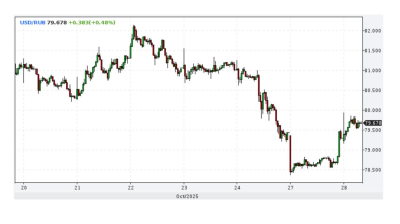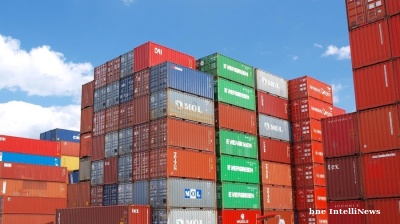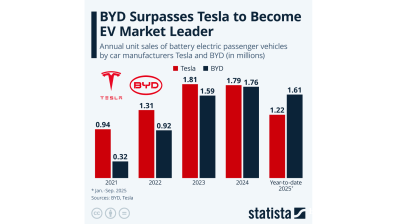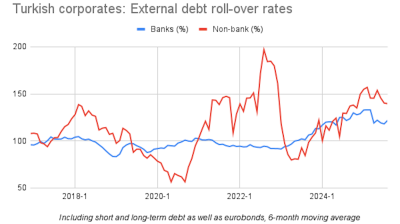Romania’s GDP increased by 5.3% y/y in Q2 this year, driven by the services sector (including 24.2% y/y more value-added generated by the IT&C sector) on the production side and a significant increase in the inventory (by 10% of GDP in the quarter) on the utilisation side, according to the statistics office INS.
Romania’s economy marked a modest slowdown from the 6.4% y/y advance in Q1, resulting in an overall 5.8% growth in the first half of the year. Romania’s state forecasting body CNSP revised its forecast for the country’s economic growth this year in its Summer Forecast published on July 21 to 3.5% (up from 2.9% in the Spring Forecast) in 2022 and 3.7% in 2023 (down from 4.4% in the Spring Forecast).
The European Commission projected 3.9% growth, in its Summer Forecast issued in July as well.
“Private consumption and investments are set to be the main growth drivers for this year and the next, while net exports are projected to act as a drag on GDP and lead to a widening of the trade deficit,” the Commission’s report reads.
The overall Q2 growth figure published by INS on September 7 confirms the flash estimate published by INS in August, while the details reveal the drivers of the economic growth that prompted surprise among analysts that were expecting more modest economic performance in the second quarter of the year.
On the GDP formation side, 2.3pp of the 5.3% y/y GDP growth in Q2 was prompted by the 11.1% y/y advance of the value added generated by the sector of services to households (trade included) and another 1.4pp by the 24.2% y/y rise of the value added generated by the IT&C sector.
Other segments of tertiary economic activity contributed the rest of the growth: the services provided in the real estate market (+0.5pp) and other B2B services (+0.4pp).
On the GDP utilisation side, net imports accounted for 12.5% of the total domestic demand — an outstanding value not seen since 2008.
Total demand for consumption increased by 6.0% y/y, the slowest annual advance in five quarters (in line with subdued demand depressed by inflation and rising interest rates) while the gross capital formation soared by 28.7% y/y.- driven by inventory build-up, though.
Gross fixed capital formation advanced by only 2.5% y/y, nevertheless along a constantly improving pattern over the past four quarters.
The rise in inventory accounted, as previously mentioned, for as much as one-tenth of the GDP in Q2 — up from 8.7% in Q1 and the highest share in the past two decades.


Data

Ruble strengthens as sanctioned oil companies repatriate cash
The Russian ruble strengthened after the Trump administration imposed oil sanctions on Russia’s leading oil companies, extending a rally that began after the Biden administration imposed oil sanctions on Russia in January.

Russia's central bank cuts rates by 50bp to 16.5%
The Central Bank of Russia (CBR) cut rates by 50bp on October 24 to 16.5% in an effort to boost flagging growth despite fears of a revival of inflationary pressure due to an upcoming two percentage point hike in the planned VAT rates.

Ukraine's trade deficit doubles to $42bn putting new pressure on an already strained economy
Ukraine’s trade deficit has doubled to $42bn as exports fall and imports balloon. The balance of payments deficit is starting to turn into a serious problem that could undermine the country’s macroeconomic stability.

BYD surpasses Tesla to become EV market leader – Statista
While Chinese manufacturer BYD already pulled ahead of Tesla in production volume last year, with 1,777,965 battery electric vehicles (BEV) produced in 2024 (4,500 more than Tesla), the American manufacturer remained ahead in sales.




